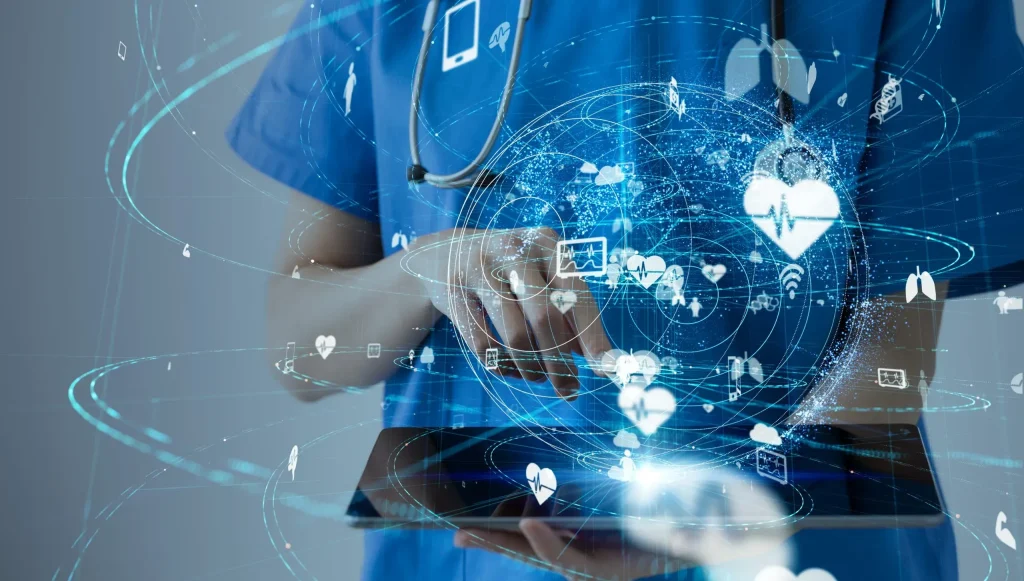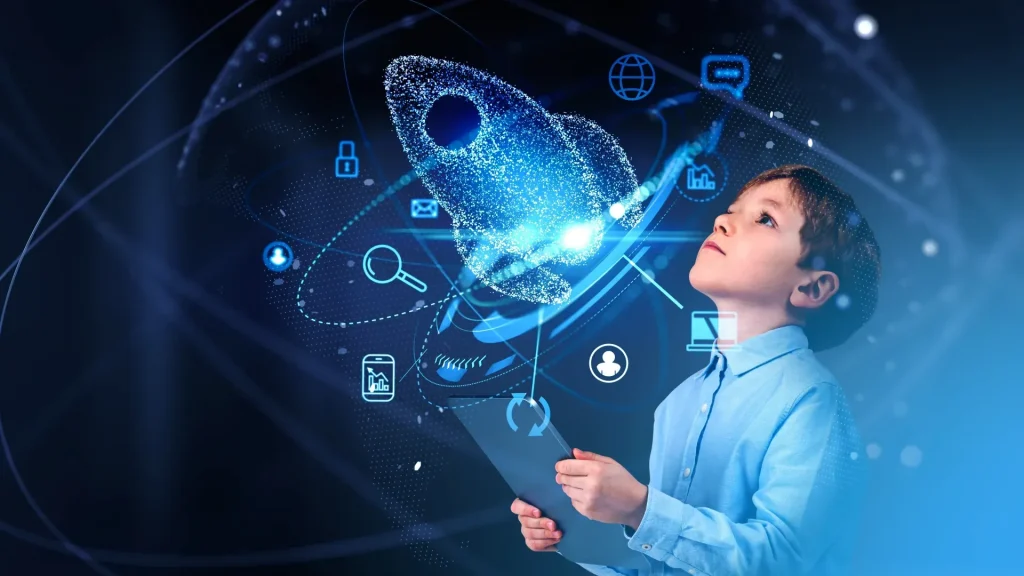Technology in Healthcare is reshaping the patient experience by blending traditional care with digital-first solutions that emphasize accessibility, personalization, and timely intervention. From telemedicine visits that erase geographic barriers to ongoing engagement that extends care beyond clinic walls, patients gain convenience and timely access. This evolution is powered by data-driven practices that empower clinicians to tailor prevention and treatment and inform decisions at the point of care. Because technology choices align with patient needs, care becomes more proactive, accessible, and connected across settings, from clinics to homes. In exploring these shifts, we consider benefits, challenges, and practical implications that matter to patients, providers, and health systems alike.
This broader shift can also be described in terms of connected health ecosystems, telehealth-enabled networks, and data-driven care that collectively reshape how services are organized. By integrating genomics, interoperable records, and continuous sensing, clinicians tailor prevention and treatment pathways while patients enjoy more proactive, convenient, and transparent care. As policy, governance, and privacy practices evolve, health systems can scale high-quality services and address disparities in access through thoughtful design and partnerships.
Technology in Healthcare: Expanding Access through Telemedicine and Digital Health
Technology in Healthcare is reshaping patient experiences by moving care beyond clinic walls into digital channels. Telemedicine expands access by connecting patients in rural or underserved areas with specialists, while digital health tools and remote patient monitoring create continuous care and data-driven insights. This shift reduces travel, enhances convenience, and supports timely decisions, all while layering in privacy-conscious security measures and interoperability with existing EHRs.
In this Digital-first era, AI in healthcare augments clinical judgment through predictive analytics, virtual triage, and decision-support features that guide treatment planning. For patients, the combination of telemedicine, remote monitoring, and digital health platforms supports proactive management and engagement. For providers and health systems, this integrated approach improves workflow efficiency, expands reach, and aligns care with value-based care goals, though it requires ongoing investment in broadband, platform safety, and clear reimbursement policies.
Technology in Healthcare and Precision Medicine: Personalization through Data and AI
Precision medicine sits at the frontier of Technology in Healthcare, using genomic data, proteomics, and biomarker profiles to tailor screening, prevention, and treatment to each patient’s unique biology. The care pathway becomes more precise when integrated with data from imaging, clinical history, and environmental factors, enabling risk stratification and targeted interventions that maximize efficacy.
Achieving this personalization relies on robust data ecosystems and AI-driven decision support that can translate complex data into actionable plans. Remote patient monitoring and digital health data streams feed real-time insights, enabling clinicians to adjust therapies promptly while safeguarding privacy and data governance. However, interoperability challenges, biomarker validation, patient consent, and regulatory considerations must be addressed to realize scalable precision medicine within Technology in Healthcare.
Frequently Asked Questions
What is Technology in Healthcare, and how do telemedicine and remote patient monitoring expand access to care?
Technology in Healthcare leverages telemedicine and remote patient monitoring to extend care beyond the clinic, especially for rural or underserved populations. Telemedicine reduces travel and wait times, while RPM provides continuous data to support chronic disease management and timely interventions. To maximize benefits, ensure reliable connectivity, user-friendly platforms, strong privacy protections, and clear reimbursement policies.
How does precision medicine fit within Digital Health and AI in Healthcare to personalize treatment?
Precision medicine uses genomic data, biomarker profiles, and environmental factors within a Digital Health ecosystem. AI in Healthcare analytics help identify effective therapies, predict responses, and monitor outcomes, enabling tailored screening and treatment. Success depends on interoperable data standards, robust privacy safeguards, and validated biomarkers.
| Section | Key Points | Impact / Benefits | Challenges & Considerations |
|---|---|---|---|
| Telemedicine |
|
|
|
| Precision Medicine |
|
|
|
| Digital Health and AI |
|
|
|
| Remote Patient Monitoring (RPM) |
|
|
|
| Interoperability, Data Standards, and Security |
|
|
|
| Ethical, Legal, and Social Implications |
|
|
|
| The Patient Experience and Empowerment |
|
|
|
Summary
Table describes key points of the base content related to Technology in Healthcare across telemedicine, precision medicine, digital health/AI, RPM, interoperability, ethics, and patient empowerment.



